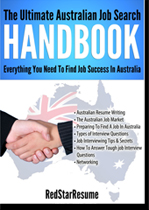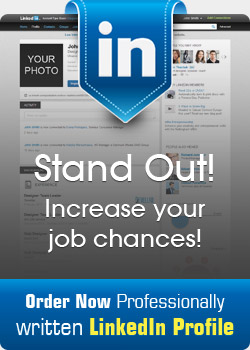 There’s a reason why we all dread job interviews. Going to an interview can feel like an interrogation session where we are asked question after question, sometimes catching us off guard and making us feel anxious. Many times the interviewer gives little feedback or facial expressions to indicate whether or not we seem like a good candidate for the position, which makes it even more uncomfortable. Employers use a series of questions to figure out whether an applicant matches the requirements they need, and whether they’d be a good fit in the company and position.
There’s a reason why we all dread job interviews. Going to an interview can feel like an interrogation session where we are asked question after question, sometimes catching us off guard and making us feel anxious. Many times the interviewer gives little feedback or facial expressions to indicate whether or not we seem like a good candidate for the position, which makes it even more uncomfortable. Employers use a series of questions to figure out whether an applicant matches the requirements they need, and whether they’d be a good fit in the company and position.
While it may seem intimidating in an interview, it’s important to remember one thing: Not only should you be trying to show that you’re the right person for the job, you should also use the interview to decide whether the job is right for you. You may be thinking, “That’s nice and all but I really need a job.” The truth is, you’ll be much happier, perform better at your job, and stay at the company longer if you actually feel that the position matches with your skills, experience or interests. It’s better to think about whether a job is right for you, instead of taking anything you get and trying to leave after a couple of months. It’s a waste of your time, as well as the employers.
The employer may do most of the job interviewing and ultimately be the one who decides whether the position is offered to you or not, but you should also ask the interviewer questions about the company and position to determine whether it really is a good fit. This also shows employers that you’re serious about the position and you actually want to see if it’s right for you. Although employers realize that you’re on the search for a job, it’s not good to appear as if you will take any position, even if it doesn’t match your skills and interests.
Whenever you are asked in an interview if you have any questions, you should always be prepared with a list of questions for the employer. Ask questions related to the company and position, such as how much time the position spends on certain tasks, the main qualities looked for in a candidate for the position, whether the position works closely with any other departments, some of the big projects during the year, etc. If you feel that your skills or qualities match a response to one of your questions, be sure to tell the employer that you enjoy certain tasks; have worked in similar projects, and so on to show that you are in fact a good fit from what you’ve learned.
You’ll actually look better in the interview if you ask relevant, strategic questions to the employer and you’ll also get a better idea if you actually want the position if it’s offered to you. Viewing the interview as a chance to figure out whether the position is a good fit can also take away some of the stress and pressure we feel during an interview. It can allow us to portray a more accurate, honest version of ourselves, skills and experiences.
© RedStarResume Publications – http://www.bestresponseresume.com
Stand Out From The Crowd With A Brand New Professional Resume, Cover Letter and LinkedIn Profile From RedStarResume:
Specializing In Over 35 Industries! – Turn your resume into an achievement based marketing documents in just 48-72 hours
Find A Recruiter: Speak to the experts at RedStarResume and find out how we can put you in touch with a specialist Recruitment Agent




















